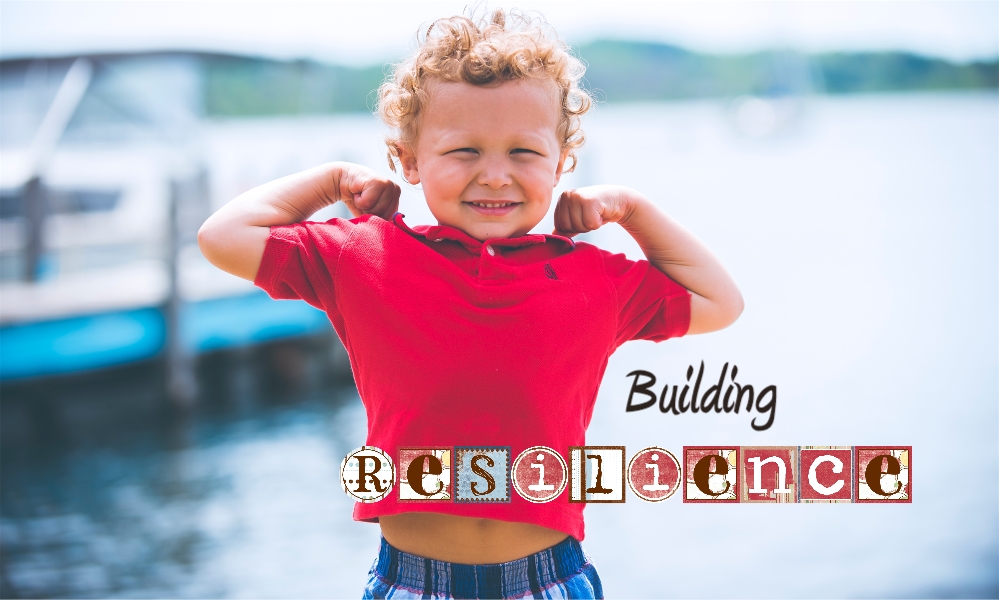
Many of us have experienced trauma in our lives and most of us will recover from it. But some of us have experienced so much trauma that our bodies remain in the fight or flight mode and suffer from the physical toll of extended periods of stress.
I first started studying mindfulness for just this reason, to be able to respond more quickly to all types of stress: physical, emotional and mental. This has been a huge part of my self care journey. It wasn’t a matter of if life would get stressful as I got older, it was a matter of when it would get stressful and how I would respond to that stress.
Resilience was discussed at length during an Immersion Retreat I recently attended of Jon Kabat-Zinn’s Mindfulness-based Stress Reduction Program. We reviewed how important it is to explore ways to recover more quickly from all the negative stuff that fills our lives including the death of a loved one, car accidents, unhealthy relationships, uncaring bosses, sick children, elderly parents – you know, stress with a capital “S.”
We’ve all done it. We’ve gone through a crisis, small and large, and have kept on going, kept on with our lives, our responsibilities, our day-to-day routines. What we may not realize, though, is what the body goes through and the physical changes that happen, to help us get through stress.
The car ahead of you suddenly brakes. Your entire body is at work alerting you to the danger, from your eye/hand/foot coordination to the chemicals in your brain that communicate with your nervous system, immune system, digestive system, cardiovascular . . .well, you get the point. The body has ways to help us get through stressful events, but if we never allow ourselves to heal, recover, process these events, our bodies will continue to think we are still stressed. Our bodies will continue to compromise all of our systems and will eventually break down and stop functioning at healthy levels.
“When you have resilience, you harness inner strength that helps you rebound from a setback or challenge, such as a job loss, an illness, a disaster or the death of a loved one. If you lack resilience, you might dwell on problems, feel victimized, become overwhelmed or turn to unhealthy coping mechanisms, such as substance abuse.” – mayoclinic.com
Each time we react habitually to stress in unhealthy ways, without awareness of the patterns of behavior we have fallen into, we stress our intrinsic capacity for well-being and balance a little more. Adrenal glands pump out adrenaline and cortisol just like when we are in life threatening situations, but our body can’t decipher between the stress of fleeing the saber-toothed tiger or doing our taxes. So it reacts the same way causing our bodies to:
- Not digest food efficiently
- Not remember things as well
- Not be able to concentrate
- Not eliminate toxins as well
- Shut down our immune system
No wonder we are feeling exhausted! No wonder we have back pain, muscle pain, headaches, can’t sleep and can’t function as well as we used to. Our body is retaliating from being stressed so much!
“Experts believe that 90% of doctor appointments are for issues caused by stress,” says Joni Zander, health advocate, business coach, owner of Essentially Healed and the quintessential master at living a healthy life. “The body creates stress hormones to help when we’re in fight or flight mode. They allow us to reserve energy just for getting away from that proverbial saber-toothed tiger by suppressing the immune system, our digestive system, basically anything in the body not needed to escape danger quickly. But our body should not be in that mode all the time.”
Building resilience can’t eliminate stress from our lives, but it can make a huge difference as to how healthy we remain when we go through the stressful events and recover from them.
Joni suggests the following ways to build resilience and protect yourself from the harmful effects of too much stress.
- Use Essential Oils: providing a multitude of benefits from calming our mood to boosting our immune system, oils are great tools to be proactive in your health care
- Exercise: find an exercise you love to do and find someone to do it with
- Focus on the positive by eliminating negative self talk: use a rubber band around your wrist to snap each time you say something demeaning about yourself
- Surround yourself with positive people: limit your time with those who are toxic
- Meditate: start with just 5 minutes a day
- Design your life to be the life you love: believe that it’s possible and work with a coach to make it happen
The stresses of life don’t have to send us running to the doctor. Instead, let’s build our resilience, harness our inner strength and use self care to build a life we love.
Find out more ideas for building resilience from Mayo Clinic at Resilience: Build Skills to Resist Hardship
Learn more from Joni Zander at Essentially Healed
Find more tips for self care at Fuzzy Red Socks

